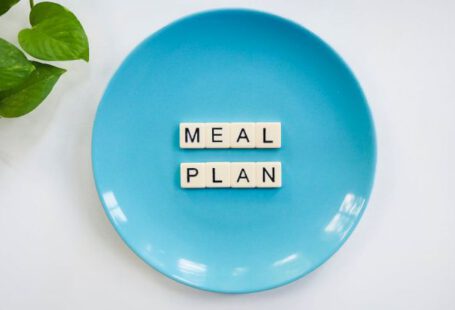In today’s world, where energy conservation is becoming increasingly important, finding ways to reduce energy usage in our homes is crucial. Making simple adjustments to your home can not only help you save money on utility bills but also contribute to a more sustainable environment. By implementing some easy changes, you can lower your energy consumption without compromising on comfort. In this article, we will explore some practical tips on how to reduce energy usage with simple home adjustments.
Upgrade to Energy-Efficient Appliances
One of the most effective ways to reduce energy usage in your home is by upgrading to energy-efficient appliances. Older appliances tend to consume more electricity, leading to higher energy bills. By investing in modern, energy-efficient models, you can significantly decrease your energy consumption. Look for appliances with the Energy Star label, which indicates that they meet strict energy efficiency guidelines set by the Environmental Protection Agency.
Seal Air Leaks
Air leaks in your home can result in energy wastage as your heating or cooling system works harder to maintain a comfortable temperature. Inspect windows, doors, and other openings for any cracks or gaps that may be allowing air to escape. Sealing these leaks with caulk or weatherstripping can prevent heat loss in the winter and keep cool air inside during the summer, reducing the workload on your HVAC system.
Adjust Your Thermostat
A simple yet effective way to reduce energy usage is by adjusting your thermostat settings. Lowering the temperature in winter and raising it in summer by just a few degrees can lead to significant energy savings. Consider investing in a programmable thermostat that allows you to set different temperatures for various times of the day. This way, you can ensure that your home is only being heated or cooled when needed, optimizing energy usage.
Switch to LED Lighting
Traditional incandescent light bulbs consume a lot of energy and have a shorter lifespan compared to LED bulbs. By switching to LED lighting, you can lower your electricity bills and reduce your energy usage. LED bulbs are more energy-efficient, last longer, and produce less heat, making them a cost-effective and eco-friendly lighting option for your home.
Unplug Electronics When Not in Use
Many electronic devices continue to consume energy even when turned off, a phenomenon known as standby power. To prevent this energy wastage, make a habit of unplugging electronics such as chargers, computers, and televisions when not in use. Consider using power strips for multiple devices that can be easily switched off to cut off power completely and reduce standby power consumption.
Utilize Natural Light and Ventilation
Taking advantage of natural light and ventilation can help reduce your reliance on artificial lighting and air conditioning. Keep curtains and blinds open during the day to let sunlight in and brighten up your living spaces. Additionally, opening windows and using ceiling fans can create a cross breeze that helps cool your home naturally, reducing the need for air conditioning.
Conclusion:
By implementing these simple home adjustments, you can make a significant impact on reducing your energy usage and lowering your utility bills. Small changes in your daily habits and home environment can add up to substantial energy savings over time. Prioritizing energy efficiency not only benefits your wallet but also contributes to a more sustainable future for the planet. Start making these adjustments today and take a step towards a more energy-efficient home.





